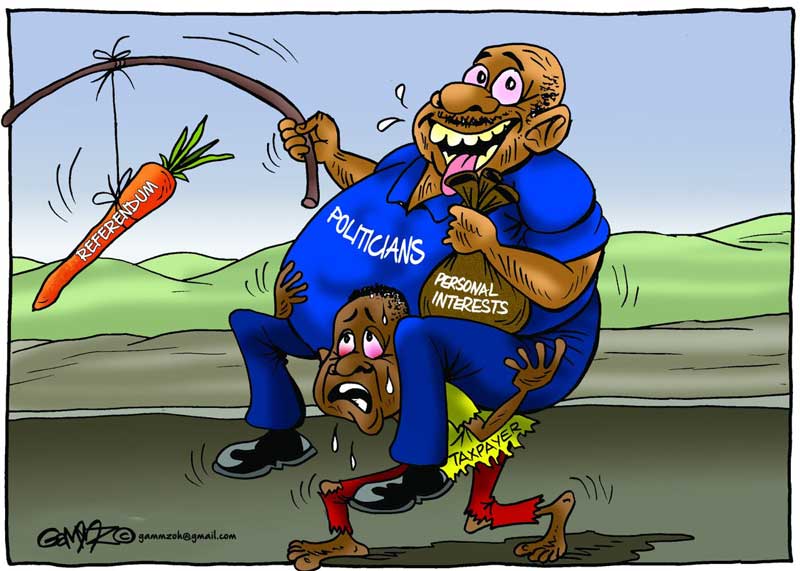×
The Standard e-Paper
Home To Bold Columnists

Kenyans never disappoint when it comes to forgetting pertinent issues and moving on to the next struggle. Already, they seem to have forgotten the ruined economy, corruption and a dysfunctional public service, and taken up the clamour for changing the Constitution.